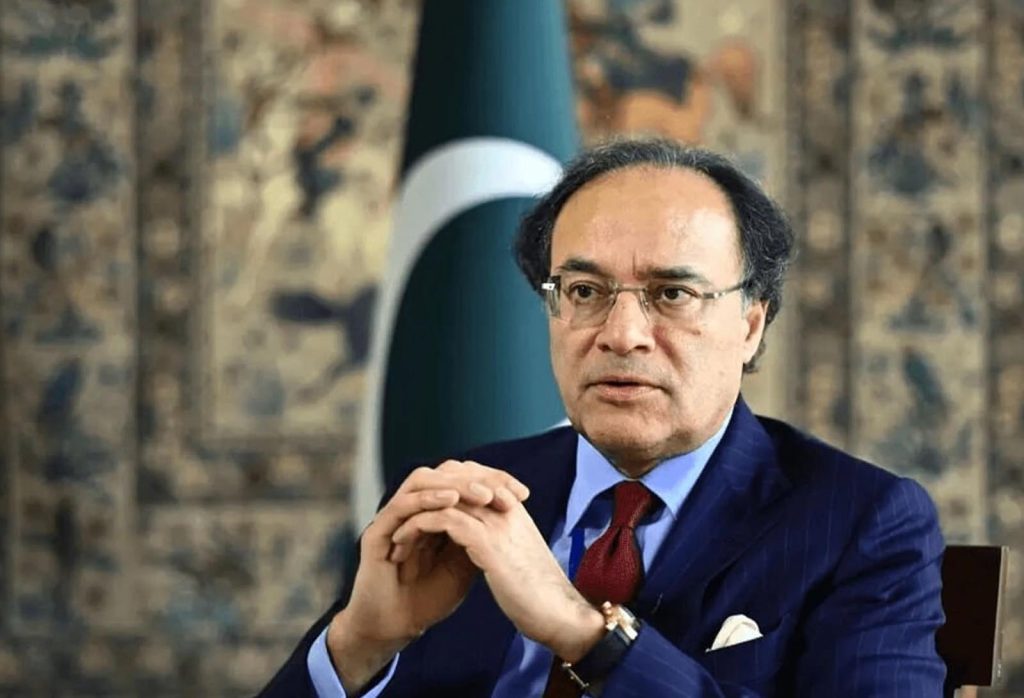Finance Minister Muhammad Aurangzeb has announced a major restructuring of economic policy-making, revealing that the task of formulating the upcoming federal budget has been reassigned from the Federal Board of Revenue (FBR) to the Finance Division. The Division will now work through its newly created Tax Policy Office (TPO), effectively stripping the FBR of its policy-making role. This move, part of the government’s broader economic reform agenda, is designed to develop tax policies using advanced data modelling and revenue forecasting to enhance efficiency and effectiveness.
The announcement was made against a backdrop of growing economic optimism. The minister pointed to Pakistan’s achievement of macroeconomic stability after a turbulent period, evidenced by an upgraded economic growth rate and significant credit rating improvements from all three major global agencies: Fitch, S&P, and Moody’s. Furthermore, the Pakistan Stock Exchange (PSX) recently surpassed the historic 140,000-point mark, signaling strong investor confidence in the country’s economic trajectory and future prospects.
This institutional shift is part of a wider suite of policies aimed at transitioning Pakistan from stability to sustainable growth. The government is finalizing a new industrial policy and has already introduced several initiatives, including a digital policy and a cashless economy drive. A key component of this is the ambitious plan to digitize all federal salaries, pensions, and vendor payments, alongside integrating QR codes for bill payments to reduce cash reliance and improve transparency.
Looking ahead, the government has set a growth target of 4.2% for the next fiscal year. While external assessments like Fitch Ratings project a rise to 3.5% GDP growth by 2027 and note easing inflation, they also caution that significant risks remain. The intrinsic health of Pakistan’s banking sector and the overall economy is still closely tied to the sovereign’s creditworthiness and the continued, successful implementation of these deep-rooted reforms.














